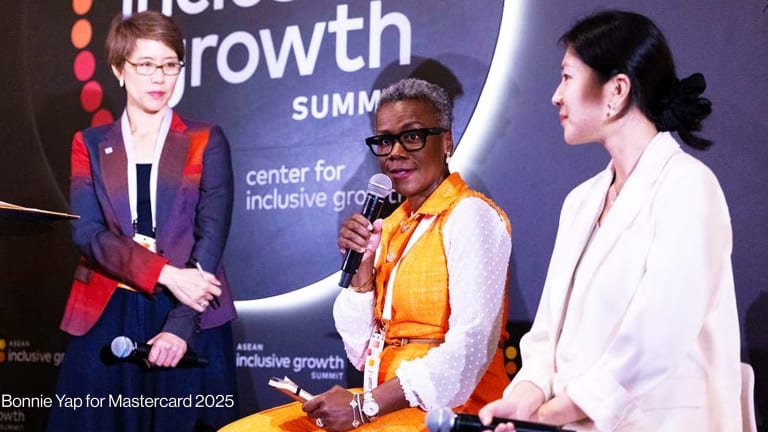Using data to inform policy decisions in developing countries may sound like a no-brainer, but it’s easier said than done, and the experience of some nations shows that the road to making it happen can certainly be a bumpy one, full of uncertainty and surprises.
Take the case of South Korea, considered a roaring success story in global development after turning from aid recipient to emerging donor in just a few decades.
A year ago, the mayor of Seoul, the country’s capital, was mulling over how to respond to citizen demands to set up a late-night bus service to fill the public transportation gap when the subway was closed between midnight and 5 a.m. Since drivers had to be paid double their daytime salary, the city only had budget to cover nine routes.








